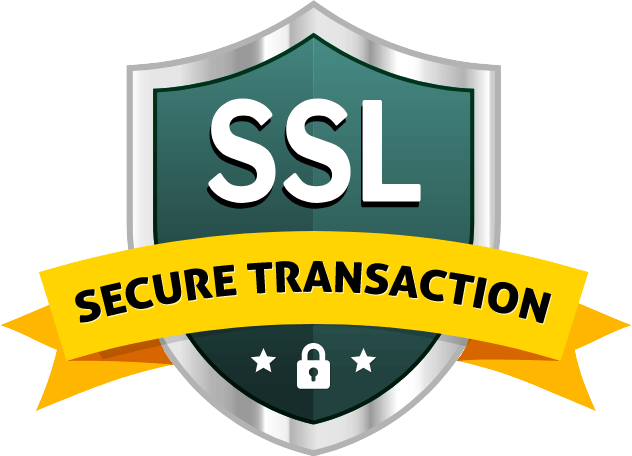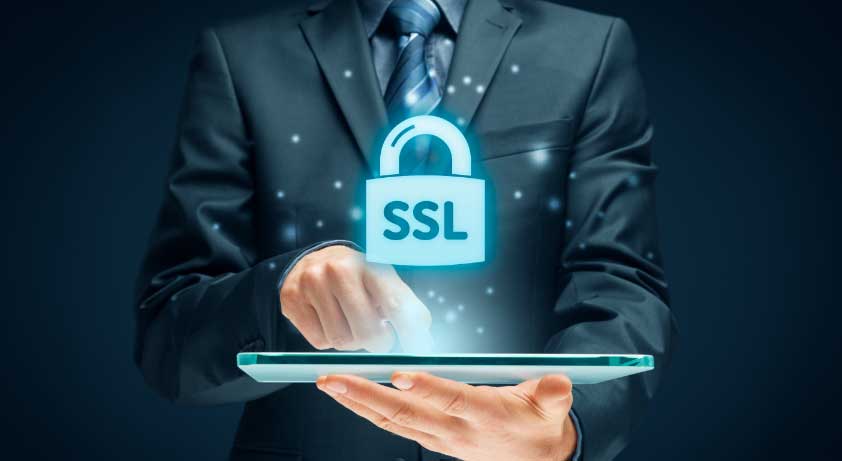Yes. These certificates, PositiveSSL EV Multidomain, can be a great way to save time and money. They certificates are ideal if you have multiple top-level and low volume transactions. They are easy to set up. Simply prove that you are the owner of the domain and complete the vetting process carried out by the CA (certificate authority). This will allow your visitors to rest easy knowing you are protecting their security, no matter what subdomain they use.
You can save time with the Cheap PositiveSSL EVP Multi-Domain. This saves you time and money, so that you can concentrate on building your online reputation.
The Comodo PositiveSSL EEV multi-domain certificate allows you to secure multiple domains with one certificate. This is a clear advantage. First, SSL certificates don’t have to be managed individually for each domain. You don’t need to spend a lot to secure your website. This certificate can be used to secure up to 250 domains. PositiveSSL EV Multidomain can be used to secure domains like the following.
- MonsterHost.com
- Secure.yoursite.net
- Blog.monsterhost.com
- Mynewdomain.com
- MonsterHost.co.uk
- Mail.mail
- any-domain.any tld




